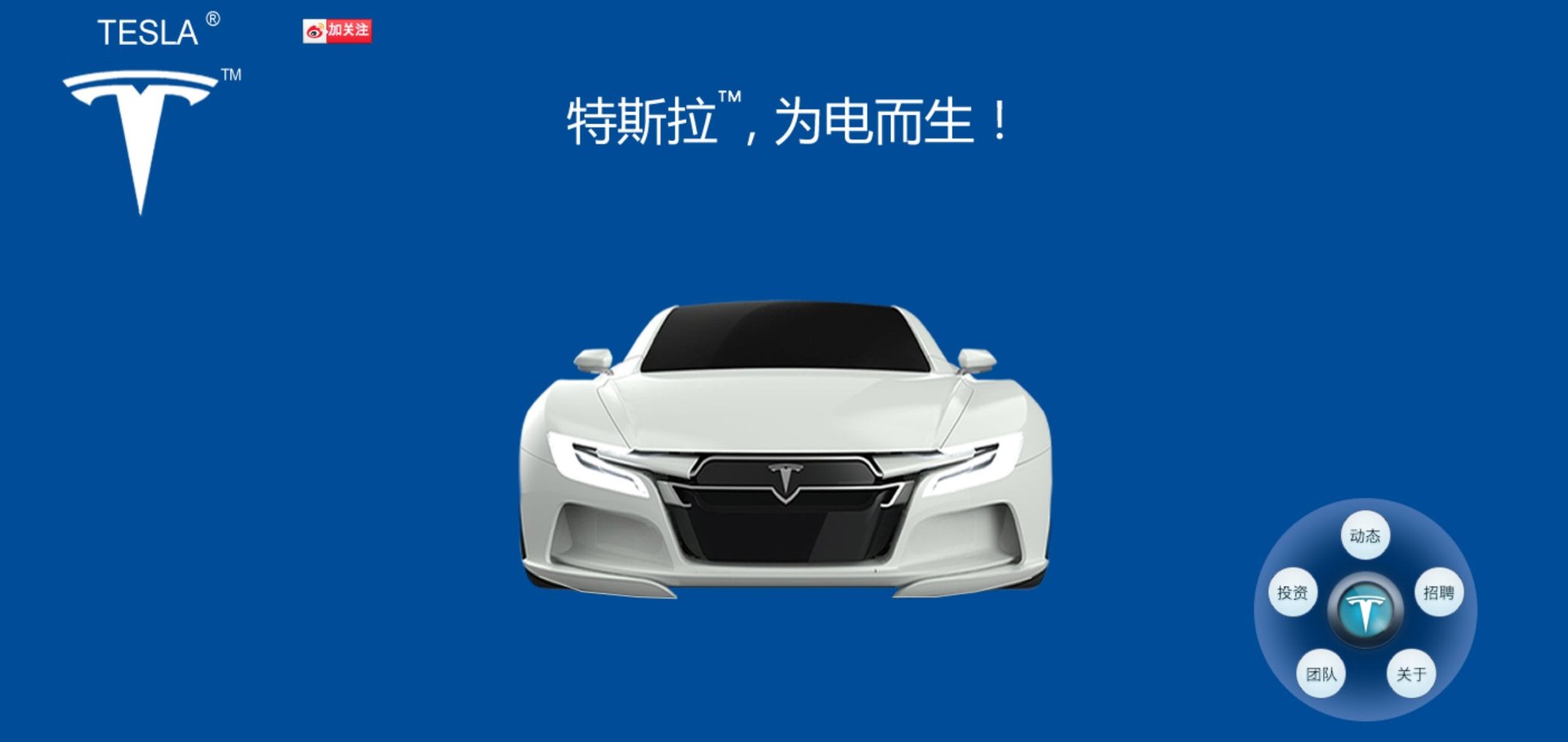Tesla is optimistically going ahead with taking orders in China
On Wednesday (Aug. 21), Tesla Motors officially started taking orders in mainland China. It announced the milestone on the new must-have for any company doing business there—a Sina Weibo account.


On Wednesday (Aug. 21), Tesla Motors officially started taking orders in mainland China. It announced the milestone on the new must-have for any company doing business there—a Sina Weibo account.
Tesla has been riding a high since it announced earlier this year it had taken over 300 orders for its Model S sedan in Hong Kong, even before the company disclosed how much the car will cost. Its stock price hit a record soon after the announcement and is now up over 400% for the year. Those orders helped add heft to Tesla’s plans to sell on the mainland, with auto analysts predicting Hong Kong’s wealthy, fancy-car loving consumers and those in big cities in China would have similar tastes.
More recently, in a nod to China’s ongoing crackdown on foreign companies, particularly car manufacturers, that charge inflated prices in China, Tesla founder Elon Musk pledged, in an interview (link in Chinese) with China Entrepreneur magazine, not to charge more for his cars—ex-taxes and import costs, of course—in China than they cost elsewhere. But could China possibly offer the Silicon Valley darling the same reception he gets at home, where even his wackiest futuristic ideas are launched to generally favorable press?
There’s already evidence things might be more difficult, at least on the Chinese mainland. To start with, there’s Zhan Baosheng, a Chinese businessman, who said he, too, is an electric-car maker who also happens to use the name Tesla Motors for his company, and has been since 2006. To prove it, he’s even got his own website, which features pictures of cars that look remarkably like Tesla’s, using an identical logo and the slogan “Live for power.”
Zhan is referred to openly as a “trademark troll” in the Chinese media, indicating Musk has consumers’ sympathies. Still, Zhan is asking for over $30 million for the name, and the issue is in court.
Then there’s the question of whether Chinese buyers really wants the muscular electrical cars Tesla is offering, and whether it has the infrastructure to support them.
In Hong Kong, however, which is a separate jurisdiction though it’s under Chinese control, Zhan’s lawsuit doesn’t apply, and cheap, reliable electricity and a support network for electric cars aren’t a problem. Before Tesla’s orders were announced, Hong Kong authorities had tried for years to push electric car sales to cut down on the city’s notorious pollution. The city has over 1,000 charging stations and just 300 electric cars right now. While Beijing, too, has announced ambitious plans to push electric car sales, few have sold. Local manufacturers are already changing plans, to deemphasize electrics for hybrid cars instead.
Musk said yesterday the company might add new factories in Europe and Asia, after promising earlier this year to open a showroom in Beijing. “We’ll try to locate those close to where people are, close to where the customers are, to minimize the logistics costs of getting the car to them,” he told Bloomberg news. He might want to think Germany.
Jennifer Chiu contributed reporting.